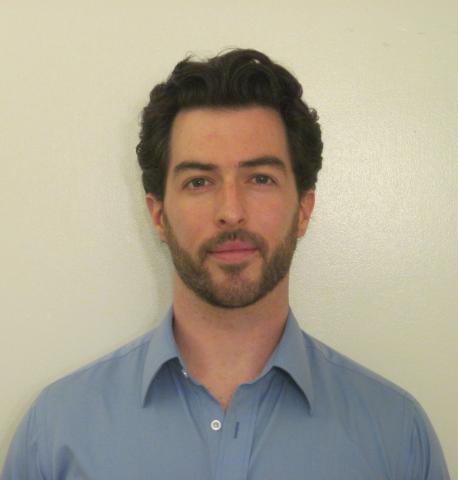ECE Ph.D. student Tom Sarvey has been named the recipient of the 2017 Best Paper Award for the IEEE Transactions on Components, Packaging, and Manufacturing Technology in the Components: Characterization and Modeling category.
Tom Sarvey has been named the recipient of the 2017 Best Paper Award for the IEEE Transactions on Components, Packaging, and Manufacturing Technology in the Components: Characterization and Modeling category. He is a Ph.D. student in the Georgia Tech School of Electrical and Computer Engineering (ECE) and is a member of the Integrated 3D System (I3DS) Group.
Sarvey will be recognized for the paper entitled "Monolithic Integration of a Micropin-Fin Heat Sink in a 28-nm FPGA” at the 2018 IEEE Electronic Components and Technology Conference. The conference will be held May 29-June 1 in San Diego, California.
This marks the second time that a member of the I3DS Group has won this particular Best Paper Award. Sarvey’s coauthors on the paper are Yang Zhang, an alumnus of the group; ECE Professor Muhannad S. Bakir, who leads the I3DS Group; and Colman Cheung, Ravi Gutala, Arifur Rahman, and Aravind Dasu, all of Intel Corporation’s Programmable Solutions Group.
For more than a decade, the challenge of removing the heat from high end computing platforms has been a primary limiter of processor power and computing performance. The use of micro-scale fluidic channels has previously been proposed as a method of extracting the large amounts of heat produced by modern processors.
In this work, such a liquid-cooled heat sink was etched into the backside of a field programmable gate array (FPGA) die, approximately 500 μm from the heat generating circuitry. The heat sink, only 240 μm tall, provided a thermal resistance that is approximately one quarter of that of the best air-cooled heat sinks, in less than 1/1000th of the volume. This type of cooling has the potential to unlock higher computing throughput, lower energy usage, and denser integration in datacenters and high performance computing applications.
